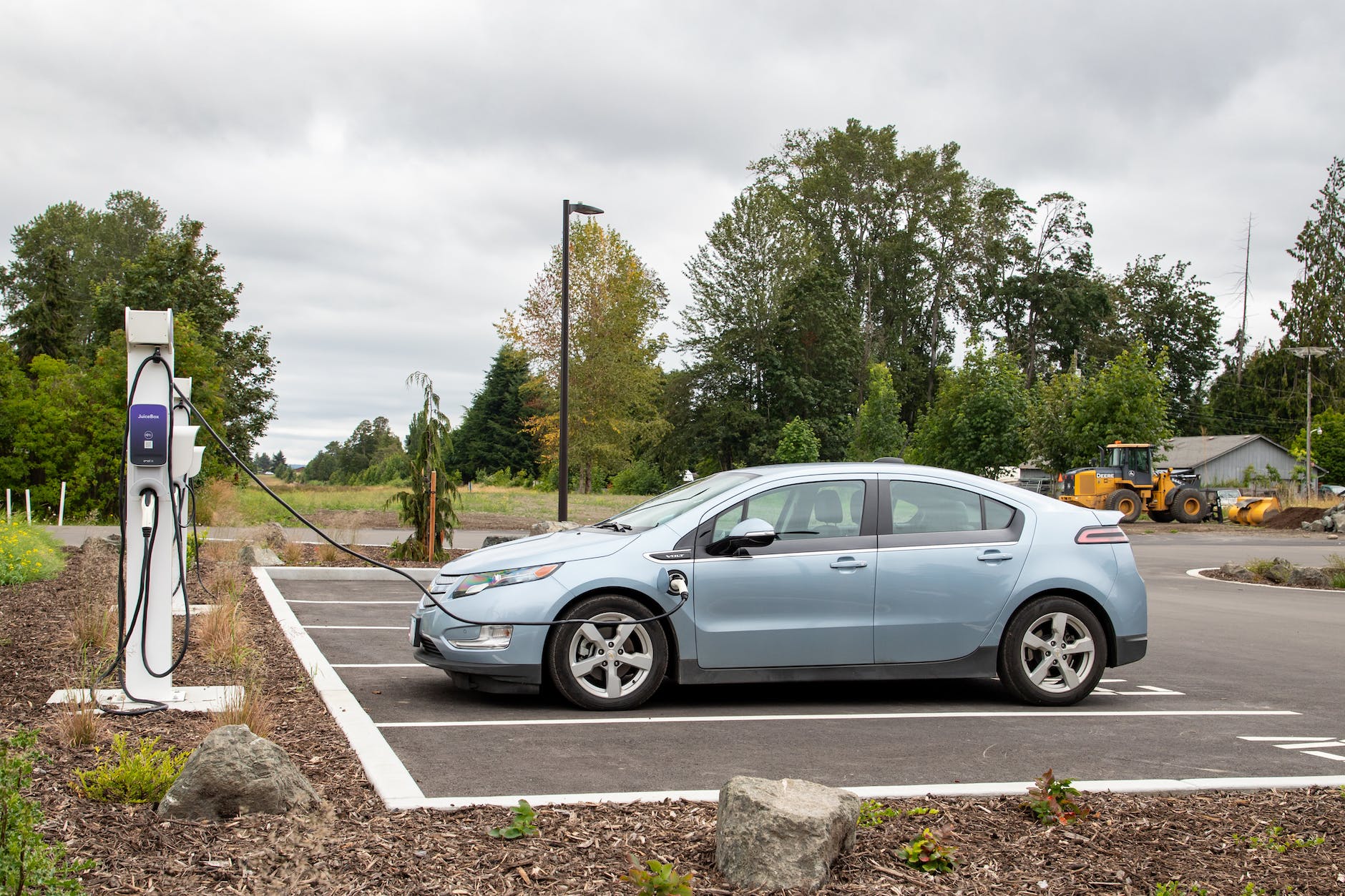
As the world evolves, so too does the technology involved in manufacturing vehicles. With that in mind, EV charging has become an ever-expanding concept in the UK, with plans to grow even further in the future.
The goal has always been to create an environment that’s heavy on energy efficiency and low on carbon emissions. Electric vehicles are part of that mission but they can only be sustained by adequate EV charging stations.
The expansion of public electric charging stations reflects a global commitment to sustainability and energy efficiency. These stations are important in supporting the increasing number of EVs on the roads, offering drivers accessible and reliable charging occasions. Aligned with broader environmental initiatives, the development of public charging infrastructure contributes significantly to a greener transportation environment. With the rising demand for EVs globally, the establishment of an extensive network of public charging stations is crucial for promoting widespread adoption and facilitating seamless electric vehicle usage.
However, one obstacle to the growth of EV charging stations is the list of misconceptions that follow them. These myths are what create doubts in customers’ minds, so it’s time to set the record straight. Read on for the common misconceptions and learn the truths that lie within.
Myth 1: There’s only one form of technology behind the use of EV charging stations
Truth: Various technologies are powering EV charging stations, each with its principle and technique. For instance, there are two forms of charging technology: AC and DC. AC chargers are used to charge vehicles by triggering an AC to DC conversion in the on-board charger.
On the other hand, DC chargers bypass this on-board conversion, convert AC to DC themselves, and charge the vehicles directly. So, it’s possible to have more than one form of charging technology.
Myth 2: Every EV charger has the same power level, and hence, all charge at the same speed and capacity
Truth: There are indeed different power levels in the EV charging system. The lowest levels have charging powers of up to 20KW and are typically AC chargers. The level above are DC chargers with up to 50KW of charging power. And then you have the higher levels with fast DC chargers of up to 350KW of power.
Myth 3: EV charging stations are operated by the grid and electricity utility companies
Truth: Busting this myth is easy because there are companies that produce and operate their charging stations. While the grid can power those stations, EV manufacturers are operating a network of these stations, and other companies can utilise them, too.
Myth 4: Charging efficiency is dependent on power levels only
Truth: You can’t tell the efficiency of an EV charging station by only the power level. Factors like component selection, power topology, design, and control method are also indicators of just how efficient the charger is. While low-level EV chargers aren’t as efficient as high-level ones, you’ll still need to outline other components before choosing any.
Myth 5: DC chargers aren’t that much faster
Truth: DC chargers are, in fact, a quicker and more efficient means of juicing up your electric vehicles. DC chargers are level 3 chargers meaning they can accommodate power levels reaching up to 250KW. They use external chargers to supply high voltage directly to your vehicles. In the end, you can get an 80% charge in half an hour.
Conclusion
Myths and misconceptions are everywhere, and they slow down progress in any field. It’s important to dispel these myths and ease the customer’s minds towards a product or niche. So, if you have some doubts about EV charger surge protection, it’s time you changed your mind.